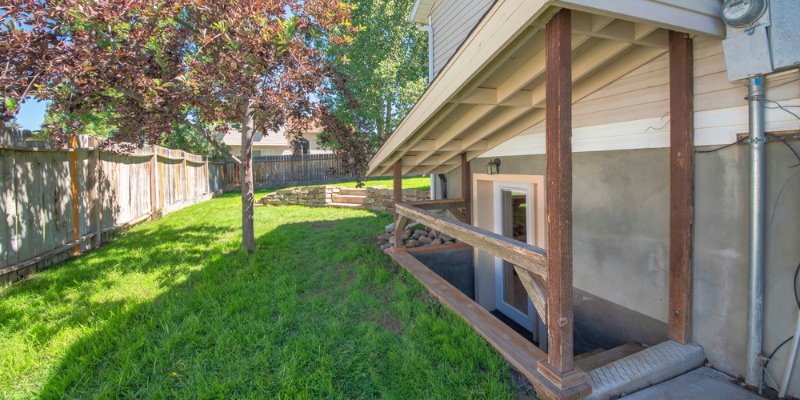

An illegal rental unit is a rental unit that is used for a residential purpose, but is not legally established with a local municipality, city, or town. A unit can also be illegal if the space is being used for a purpose other than what is specified in the building permit. Furthermore, rental units are governed by specific building and health codes to ensure the safety of occupants. When those conditions are not met, a unit may not qualify as a legal dwelling, therefore, becoming an illegal unit that cannot be rented out.
Besides that, there are other signs to identify whether the rental unit could be illegal:

There are some things to consider prior to renting out an illegal unit. These include:
If a local municipality finds out that a rental unit is illegal, the state will usually deem the rental agreement “unenforceable.” Some states allow tenants to collect “eviction fees” or another form of payment from the landlord to find another place to live. However, the landlord will still be entitled to receive rent that is due. A landlord also has the right to evict a tenant if they have a valid reason, such as not receiving rent payments.
Depending on the reason why the rental unit is illegal, there are different consequences. For example, if local authorities find that the unit does not live up to habitability requirements, the unit may be condemned, and the landlord may be required to upgrade the condition of the unit.
If the unit is not registered properly, the local authority could impose a fine, and make the landlord go through the proper registration process.
There are many ways that a landlord can protect themselves, starting with the following:
Tenants that live in an illegal rental unit still have rights. Those rights may vary depending on the jurisdiction, but usually, the tenant of an illegal unit has the same rights as a tenant renting a legal unit. For example, if a unit needs repairs, and a landlord ignores requests for that repair, the tenant may be eligible for rent reductions to cover the costs of the repair.
If a tenant believes the landlord has rented out an illegal unit, a tenant would be able to report it to the local housing authority. The local housing authority would check to see whether the unit checks all the prerequisites in being a valid rental unit.
A tenant would also be able to file a complaint against the landlord, if the landlord was required to evict the tenant from the illegal unit. Because the unit was illegal, it would technically be a violation of the lease agreement, for which the tenant would be able to recover damages.
Since renting out an illegal unit would be considered a violation of the lease agreement, the tenant would not have to continue paying rent if they had no knowledge that the rental unit was illegal.
Generally, there may be provisions in the lease referring to the rental unit that point towards it being illegal. If the rental unit is illegal, then the lease itself is void and unenforceable. In this case, the tenant would be able to terminate the lease.